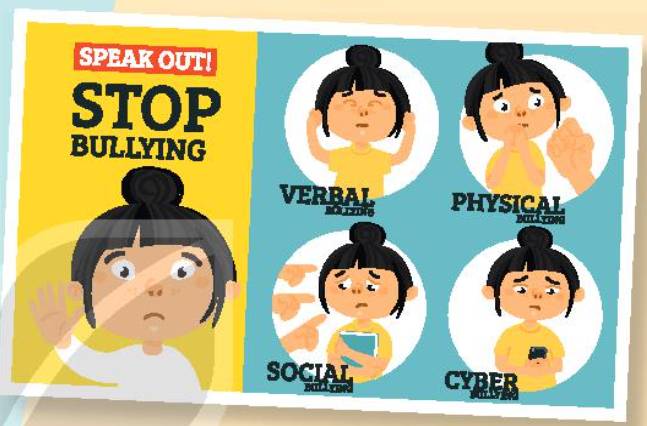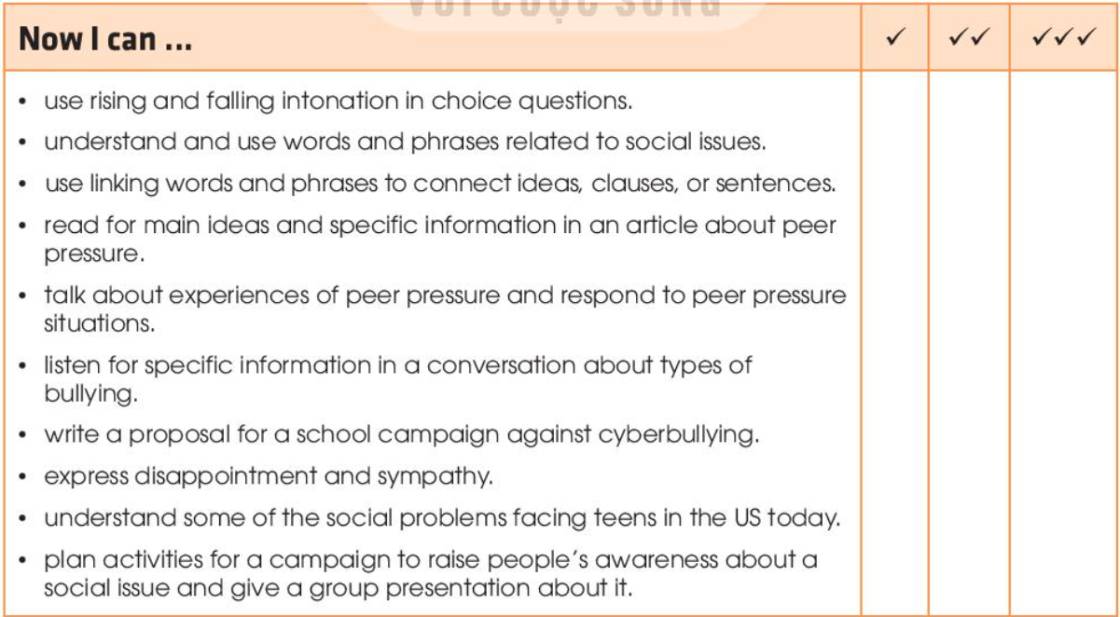Read the following passage and mark the letter A, B, C or D on your answer sheet to indicate the correct answer to each of the questions. By adopting a few simple techniques, parents who read to their children can considerably increase their children’s language development. It is surprising, but true. How parents talk to their children makes a big difference in the children’s language development. If a parent encourages the child to actively respond to what the parent is reading, the...
Đọc tiếp
Read the following passage and mark the letter A, B, C or D on your answer sheet to indicate the correct answer to each of the questions.
By adopting a few simple techniques, parents who read to their children can considerably increase their children’s language development. It is surprising, but true. How parents talk to their children makes a big difference in the children’s language development. If a parent encourages the child to actively respond to what the parent is reading, the child’s language skills increase.
A study was done with two or three-year-old children and their parents. Half of the thirty children participants were in the experimental study; the other half acted as the control group. In the experimental group, the parents were given a two-hour training session in which they were taught to ask open-ended questions rather than yes-no questions. For example, the parent should ask, “What is the doggy doing?” rather than, “Is the doggy running away?” Experimental parents were also instructed how to expand on their children’s answer, how to suggest alternative possibilities, and how to praise correct answers.
At the beginning of the study, the children did not differ on levels of language development, but at the end of one month, the children in the experimental group were 5.5 months ahead of the control group on a test of verbal expression and vocabulary. Nine months later, the children in the experimental group still showed an advance of 6 months over the children in the control group.
What was the major difference between the control group and the experimental one in the study?
A. The number of participants
B. The age of the children
C. The training that parents received
D. The books that were read



khó có bỏ qua!(dificult of skip)